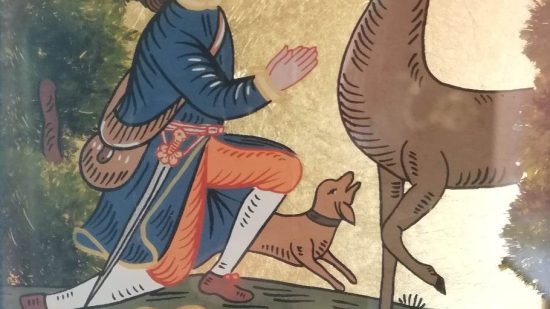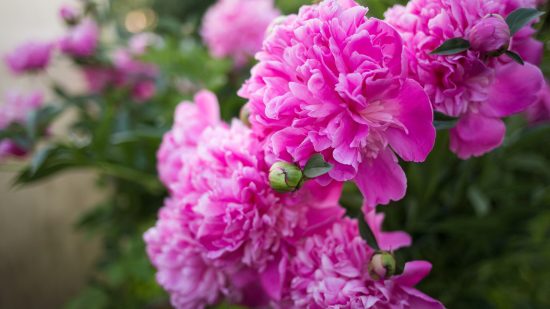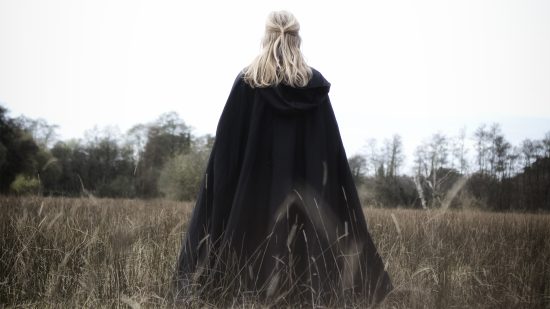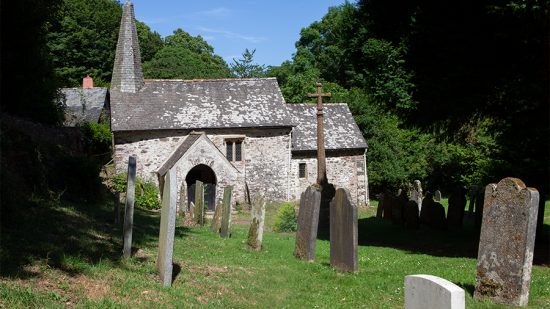The seasonal festival of Lughnasadh / Lammas
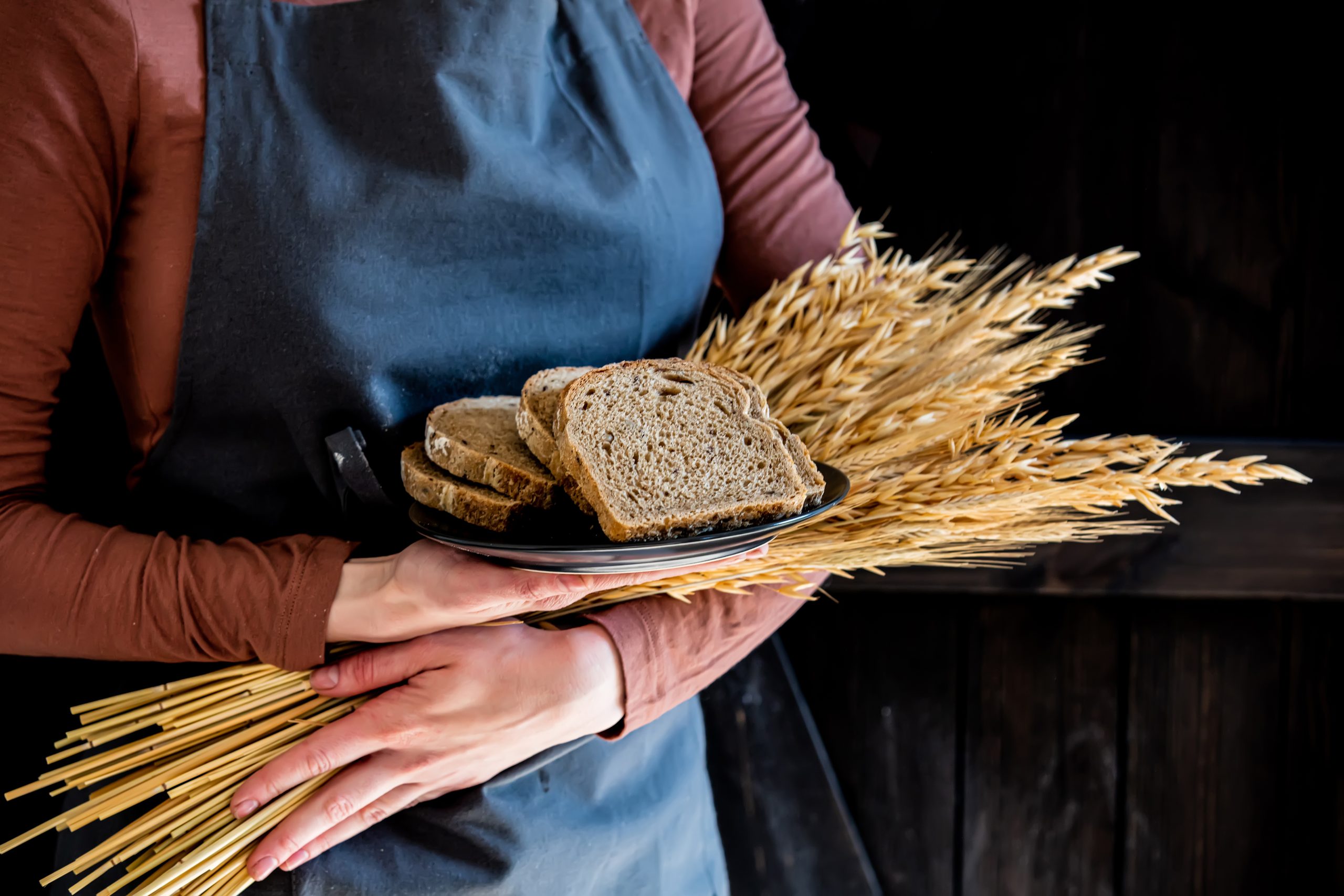
The theme of the festival, which is traditionally celebrated at the beginning of August, is the “opening of the harvest season”. The emphasis here is quite explicitly on “opening,” because an opening has a different energy than a closing. An opening comes with a joyful energy, with expectations, perhaps fears, that all will go well. It acts on an energetic level like a gateway, a portal that brings the prelude to what we hope will be a successful season.
Lughnasadh was named after the Irish god Lugh, and it is curiously not at all obvious why he is the namesake of one of the most important sun festivals. For although he is sometimes compared to the sun because of his radiant personality, outstanding talent and diverse abilities, he is not a sun god in the traditional sense. Rather, he is a god of all arts and skill, as well as patron of all human abilities. However, if we look closely at the lore, we see that the festival, even though it bears his name, is not about Lugh, but was created by Lugh to honor his foster mother, Tailtiu, who died of exhaustion after clearing the plains of Ireland for agriculture. In this symbolism we see a strong sacrificial character, which the Earth Goddess brings for her human children to feed them. If we consider that the people of that time perceived nature as animate, then we can well imagine that they were certainly aware of the sacrifice that Mother Earth makes and thus it was part of the celebration to honour her for it. For this is exactly what Lughnasadh means “the commemoration of Lugh”. Another aspect in favor of this is that the festival is called “Bron Trogain, earth´s sorrowing in autumn“ in the Tochmarc Emire narrative. “Bron” means “wrath”, but it is not entirely clear what “Trogain” means and to whom this wrath is directed. However, perhaps it is the earth itself that could be angry, for the death she must die so that her children may live. This fear of a possible “wrath of Mother Earth” is also reflected, I believe, in some customs surrounding the last sheaf of wheat, where in some places people feared harvesting these last ears and preferred to leave them standing. So the festival of Lughnasadh has two sides. One is joyful and cheerful, where it is about coming together to celebrate the beginning of the harvest and the remembrance of Mother Earth for the death she has to die.
Even though Lugh is not a classical sun god, he is nevertheless predestined to take over the patronage of this important season, because he is not only extremely skilled and talented in all kinds of crafts, he also has the secret knowledge of when the best time is for ploughing, sowing and harvesting. Thus he is close to the people. He knows their needs and fears and uses his skills for the common good, so that it will be a successful harvest season, and wise as he is, he does not do this without first remembering his foster mother for her gifts.
Another name for the feast of the first harvest is Lammas. The term Lammas comes from Old English and is a shortening of “Loaf-mass”. The Christian Anglo-Saxons celebrated this feast on August 1. Thus, Lammas actually refers to a Christian holiday when bread baked from the first harvest was blessed in church. Lughnasadh, or Lammas, is traditionally celebrated on August 1 or on a Sunday bordering this date.
So how can we best celebrate this festival? I think mindfulness is a wonderful energy that can be incorporated into this celebration by not taking the harvest offerings for granted, but by consciously taking them and thanking Mother Earth for her generous sacrifice. A custom of the Irish country folk, as recorded by journalist and folklorist Máire MacNeill, was the ceremonial cutting of the first grain, which was then offered and buried as a sacrifice on a hill. Also, you can create a small corn doll to represent Mother Earth and place it on your altar. With this in mind, I wish you all a wonderful Lughnasadh celebration!
